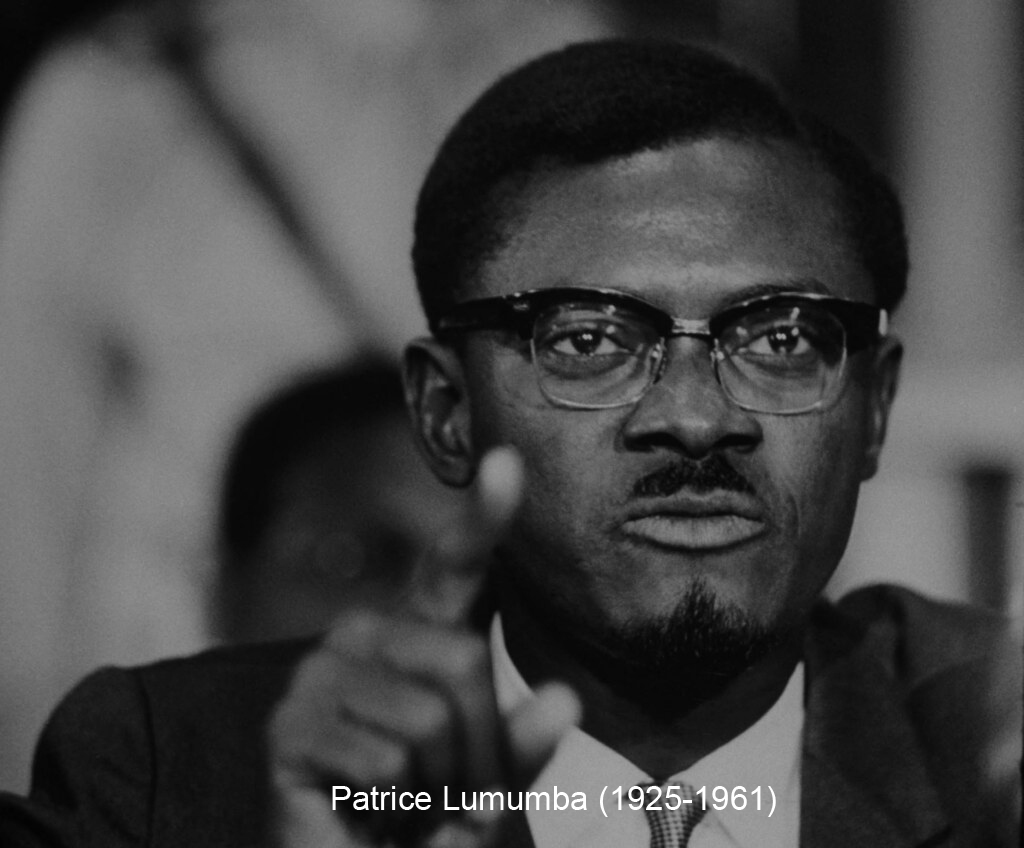Every year, Gaec-Africa organizes large-scale public actions in the form of Campaigns, Exhibitions and Festivals, based on its research themes, training programs and conversations with communities. These events allow us to work on issues, topics and knowledges that are then proposed as itinerant didactic resources throughout Senegal and the sub-region. These events are therefore tools for raising awareness and for taking intellectual, social and political positions on the major issues that traverse the life of African societies and its diasporas, as well as on the major challenges that shake the global world of which we are witnesses and beneficiaries.
Let’s cut to the chase. Breaking the structure of the imperialists’ takeover of the African continent, particularly of its French-speaking part. Breaking the imaginaries and the preparatory speeches to the friendly pat on the shoulder… the one which console, ever since, the rape of a people.
We carry the OIAO in our baptismal font to support the outbursts of anger and indignation, the snubs and rebellions, increasingly uncontrollable, which, from our diasporas confined to the dark quarters of the former colonial metropolises to the cities and fields of our forsaken nation-states, allow us to hear the current coming directly to the old world and its ancient achievements. Our aim is unambiguous. To provide this formidable momentum with a scientific and theoretical tool that will break down, once and for all, the hegemonic morality of the imposture of the old and new imperialisms in Africa, under their various and fallacious pretexts. In the present historical moment, this implies, to a great extent, a task of critical nourishment of the current and future mobilizations, which preserves them from the childishness of conspiratorial discourses, characterized by trapping our efforts to divert them better. The OIAO wants to provide this nourishing framework, through a rough inventory of figures and dates, conventions and frameworks, stakeholders and relations, weapons and crimes, conferences and betrayals, from summit to summit, from 1884 to today. The OIAO wants to be this crucible of political, critical and organizational rearmament of the new struggles for liberation that are being carried out in the continent, and that are so vigorously manifested through the brutal rejection of the gatekeepers: intellectuals, politicians, socio-religious leaders, businessmen, intermediaries committed to the shameful chain of command that keeps the continent on its knees. But not for much longer.
They cover meetings and conversations with and around professions, craftsmen, artists, and authors, around activities and spaces dedicated to initiations to languages, know-how, and professions in the form of visits to workshops, conferences, and training modules between authors, artists, masters of crafts, and various audiences. That includes writing, cinema and crafts workshops. These activities, spaces, meetings and practical work are organized for training purposes but also for the co-production of knowledge materialized by the realization of collective or individual archives, notably in the framework of the Oral History Library Project of Saint-Louis.
There is a second component. That is a matter of organizing moments of community convergence for the assumption of technological, social and environmental challenges, aiming to increase the level of resistance of the communities in the face of the aggressions related to the economic decline, the effects of the climate change, the crisis of the spaces of sociability and generational transmission of the tangible as well as the intangible heritages (infrastructures, knowledge and know-how) It is also a question of creating tools for the production of knowledge, measurements, and the monitoring of changes and trends in attitudes and opinions regarding societal and international issues.

